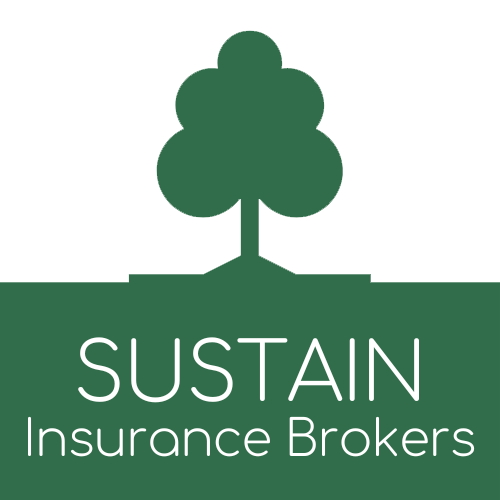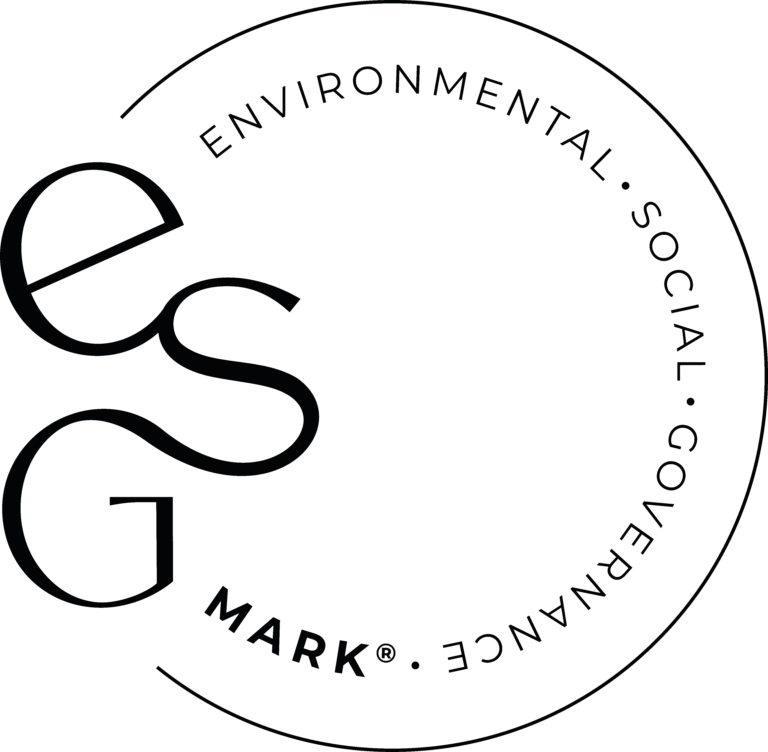Environmental, Social and Governance or ESG is a framework that many business owners and leaders are implementing within their companies to remain accountable for their impact on the world.
Environmental covers areas such as your business’s carbon footprint, distribution lines, the types of materials you use to make your products and energy usage.
Social speaks to your company culture, how you treat your people, your diversity and inclusivity, your strategy to help provide training and growth opportunities, and how you directly impact your wider community and consumers.
Governance then looks at how you are operating your business, who is in the leadership roles, and how they are appointed to those functions; it also investigates your overall business proposition, best practices, and policies.
ESG has become increasingly popular for measuring a business’s viability, growth potential, and insurance risk. And while ESG isn’t an “official” metric in which risk can ultimately be determined, it gives insurers, investors, and potential buyers a great insight into your operation in which they can make educated decisions.
This article will explore how using ESG as a metric can determine insurance risk.
The Environmental Metrics
All insurance companies or brokers must identify, understand, and manage any risks that may affect a policy granted to a business. They do this by assessing patterns, behaviours, and policies within a corporation to determine where these risks may arise if there are any.
A cohort of global insurers told PWC that their primary goals surrounding ESG are to “minimize the impact from climate change (26%), to gain a better reputation as a firm (11%), and to minimize risk (11%)” (PWC, 2022). Now, while this directly relates to how insurers are looking to better their firms in line with ESG, it’s a massive indicator of how important they regard ESG in terms of risk management if they, too, are operating against this framework.
Environmental metrics are one of the biggest factors insurers assess, which covers many areas and potential risks that your business could face, including energy efficiency, greenhouse gas emissions, air and water pollution, deforestation, recycling and waste management, product carbon footprint and biodiversity.
By beginning to track these areas as part of an ESG framework, your business shows accountability for its environmental impact when insurers are looking to determine your risks. If you can provide multiple years of recorded metrics and development evidence, this will positively exemplify your business’s environmental operations and how you manage them.
The Social Metrics
In the same way, accounting for your social impact within your company and adequately developing a strategy surrounding your people will affect how your insurers assess your risks. Affirming the training and development for your employees and your hiring processes to ensure that diversity and inclusion are always considered and properly executed will show your insurers that you are treating your people fairly and responsibly.
People can be considered one of the most significant insurance risks due to their unpredictable nature; however, ensuring that you have correct policies and procedures, including a solid HR function, helps minimise that risk. Reporting on employee performance, grievances and disciplinaries also allows insurers to gain a more comprehensive picture of the company culture and employee turnover to deduce if there are any potential management issues.
On top of this, one of the other significant risks involves consumers and the communities your business operations may directly impact. For this, you must consider your customer journey, complaints procedures, health and safety, and the environments in which your consumers may access your business. Demonstrating that you are constantly assessing and adapting these factors demonstrates to insurers that you are operating responsibly for all people involved.
Social also covers areas such as data protection and privacy, animal welfare, labour standards and sustainable supply chains, all of which carry great insurance risks that can be minimised by evidencing responsible management.
The Governance Metrics
And, as expected, those who run the company or business can also pose a considerable risk in terms of insurance. Governance metrics of ESG can determine the composition of your board members, the diversity in management, compensation of shareholders, any conflict of interest or lobbying activities, shareholder action and investor relations.
All of these, when appropriately measured, can help insurers gain visibility of the company’s actions, plans and decisions. When insurers can see evidence that your business is being properly managed, they will be able to determine the risks accurately and ultimately give you the best policies for your business needs.
The Results
The main problem that ESG still faces is that there are so many different frameworks available and no real standardisation; therefore, this makes it challenging to decipher metrics accurately. However, consistency is critical, and if you find a framework that suits your business best, it is advised to stick with this framework moving forward. If you can exemplify progression and development via the metrics and measurements that you have determined, then this will be taken into consideration by your insurers.
You must ensure that any claims you make can hold up against a deep analysis as insurers will expect you to be able to answer any questions they may have and evidence what you are saying.
There are currently no ESG framework regulations in place, so be sure to select a framework that best suits your business operations. We will cover details of the different types of frameworks in another article, so be sure to sign up for updates.















